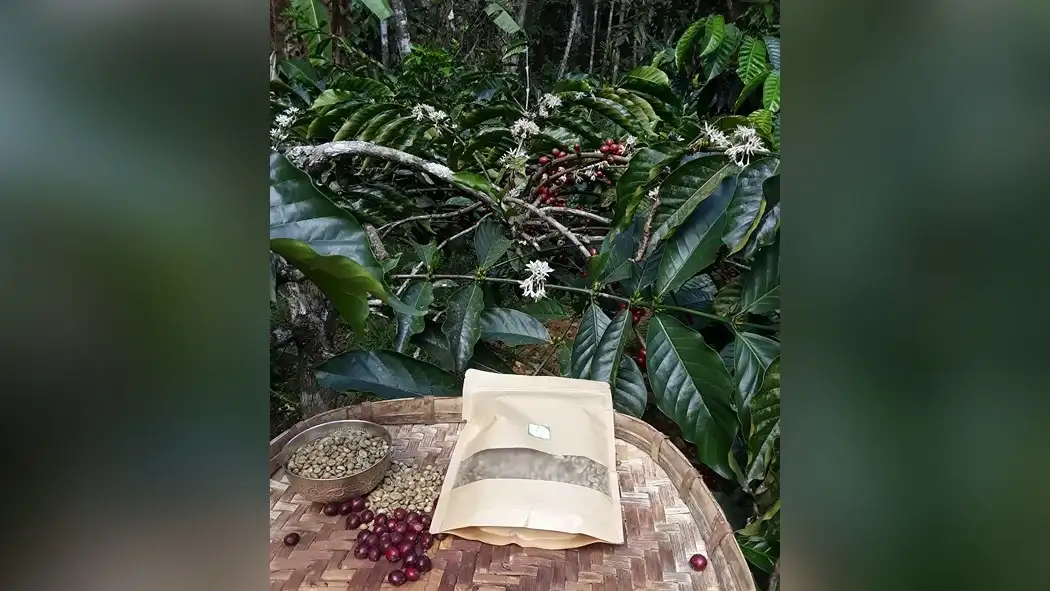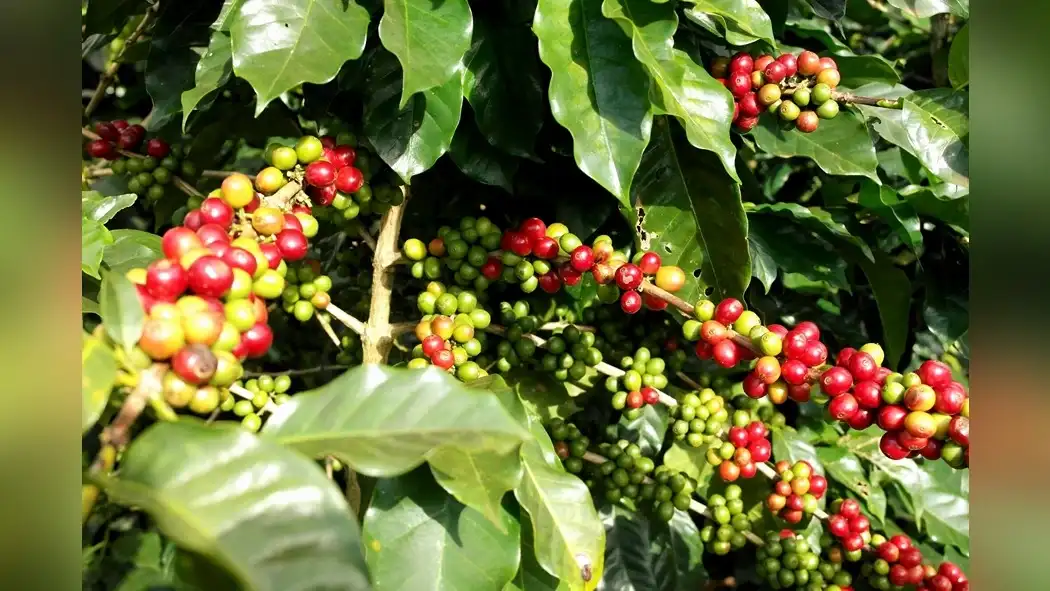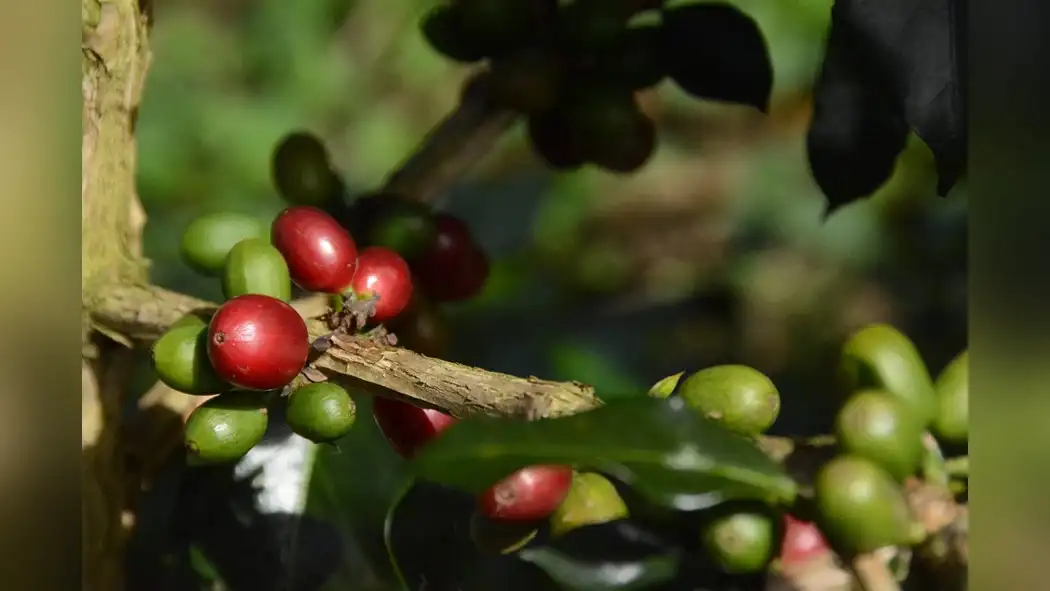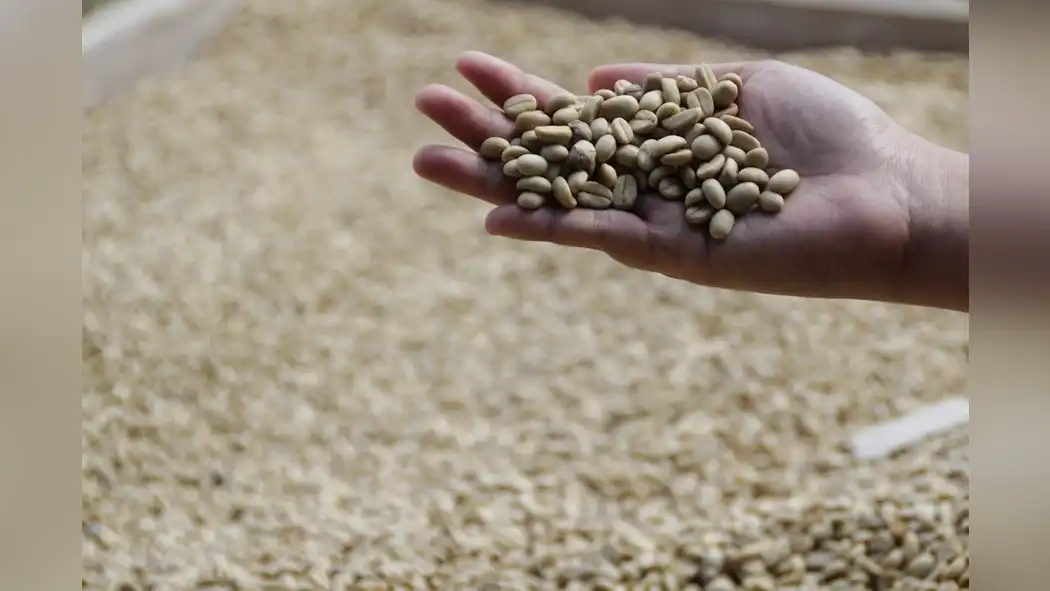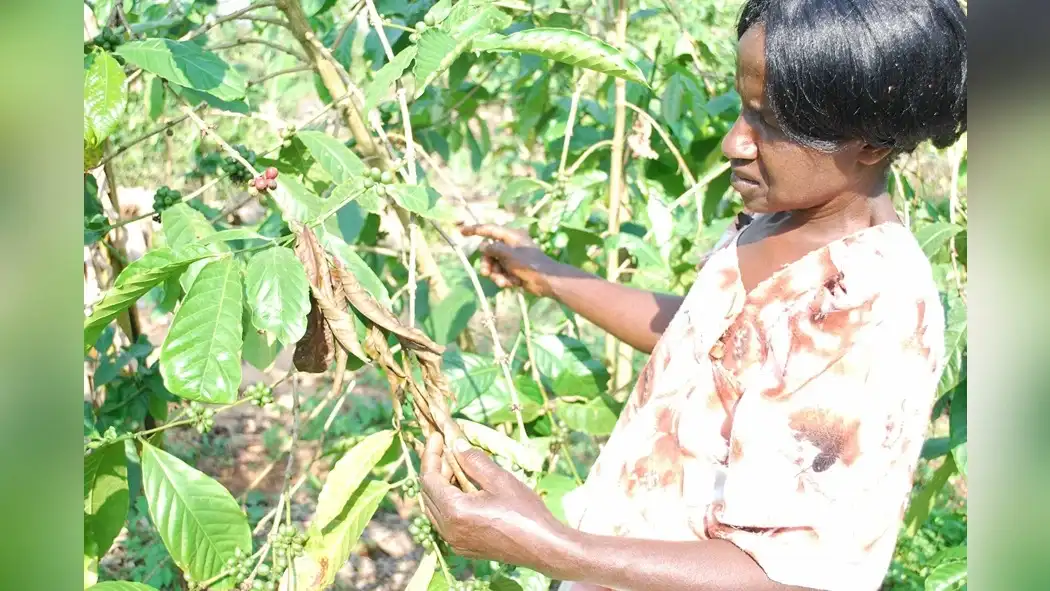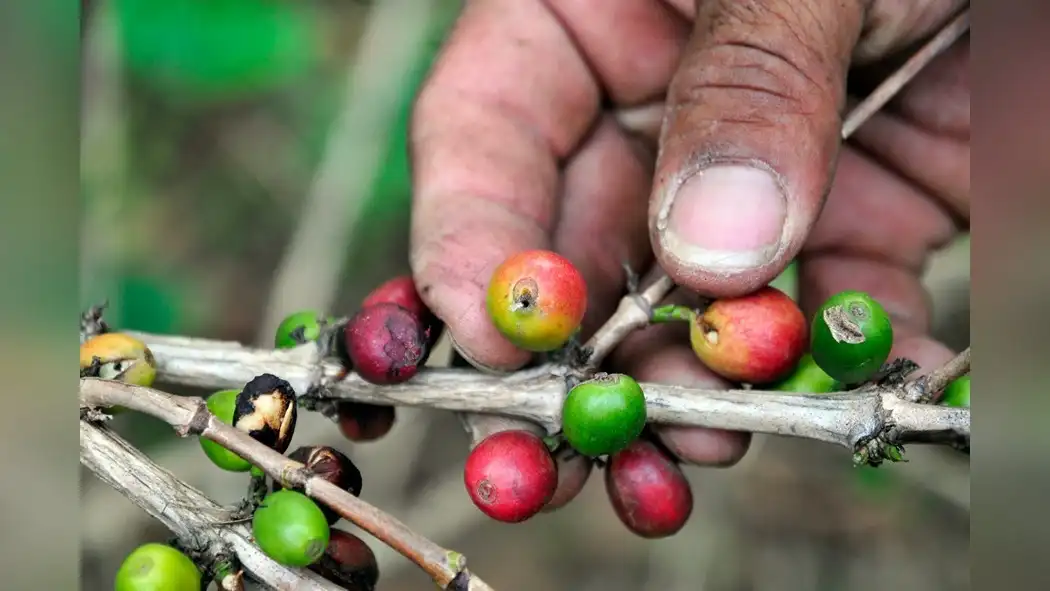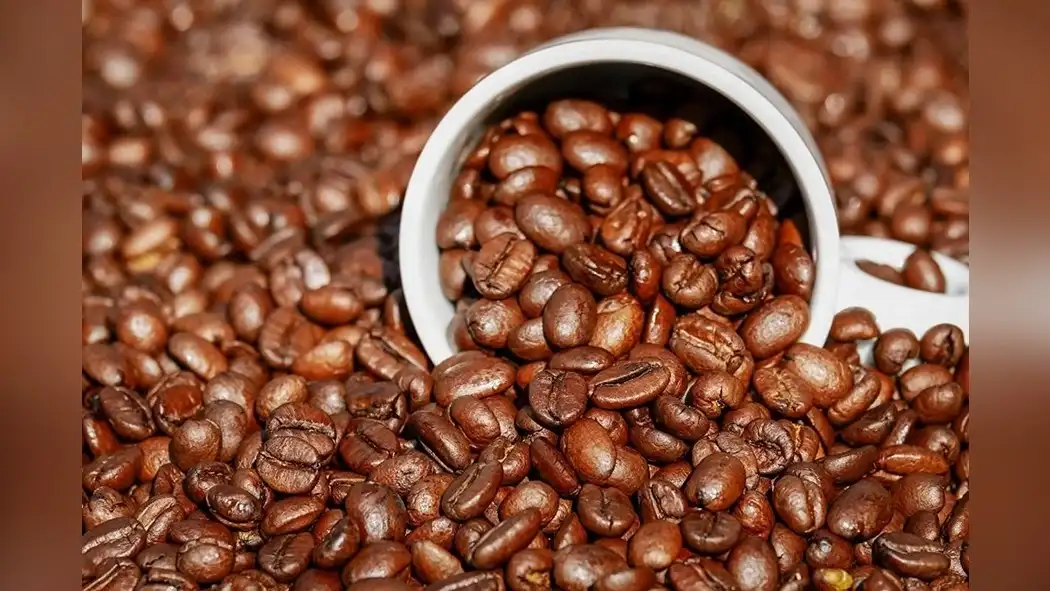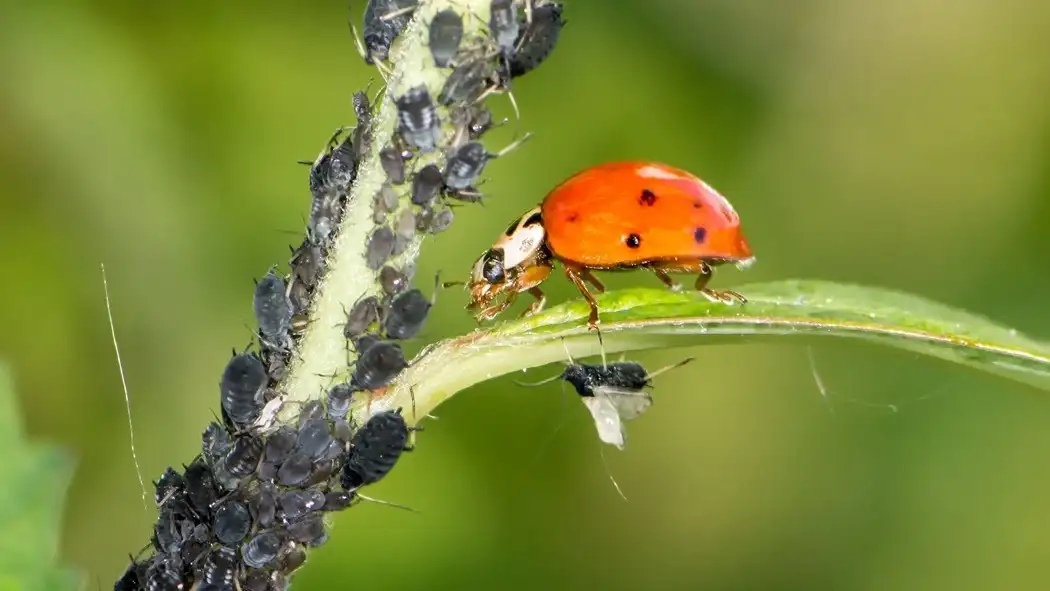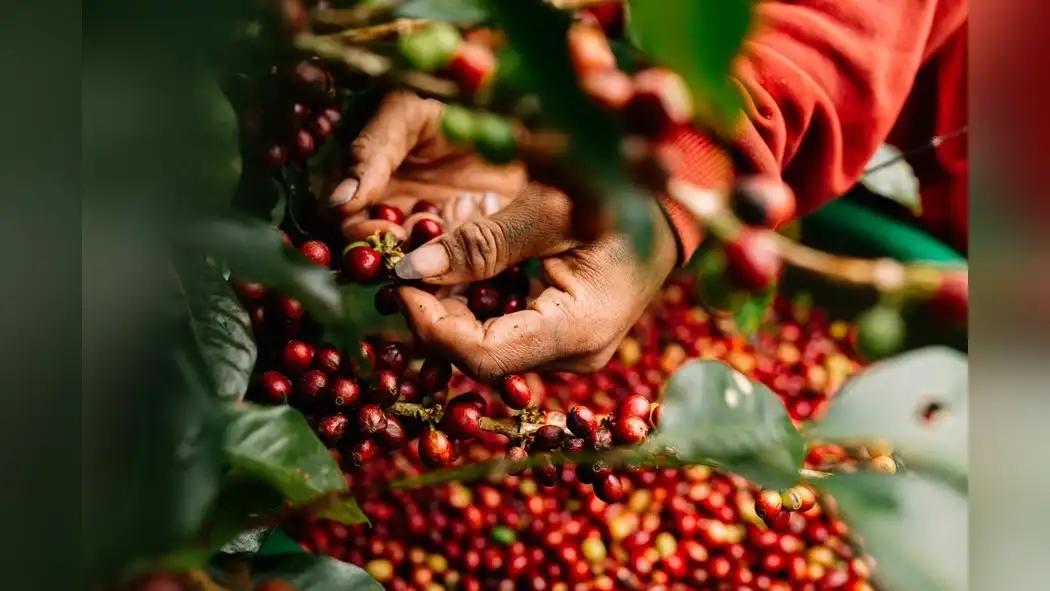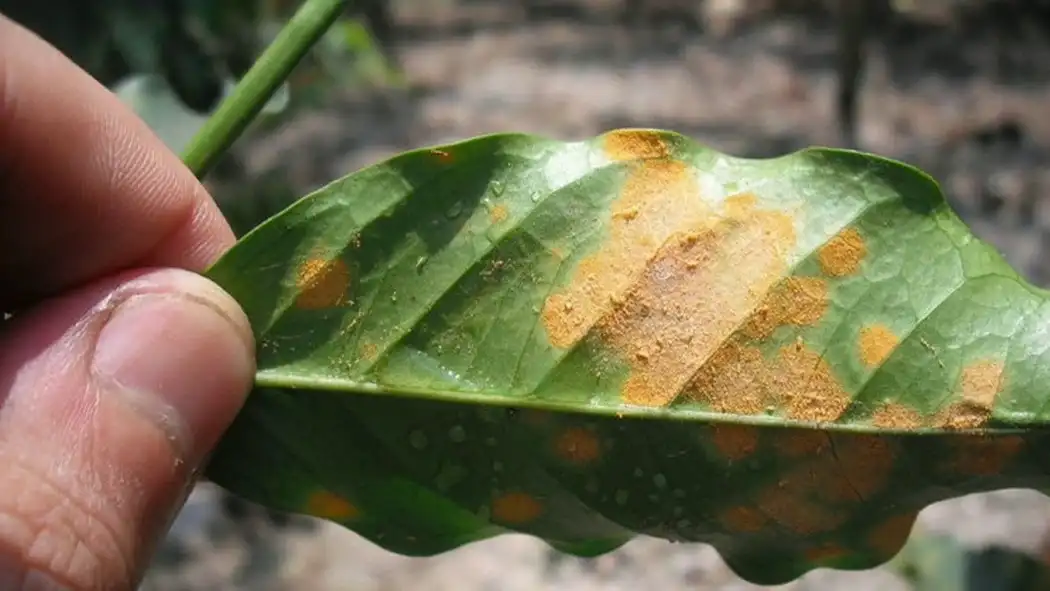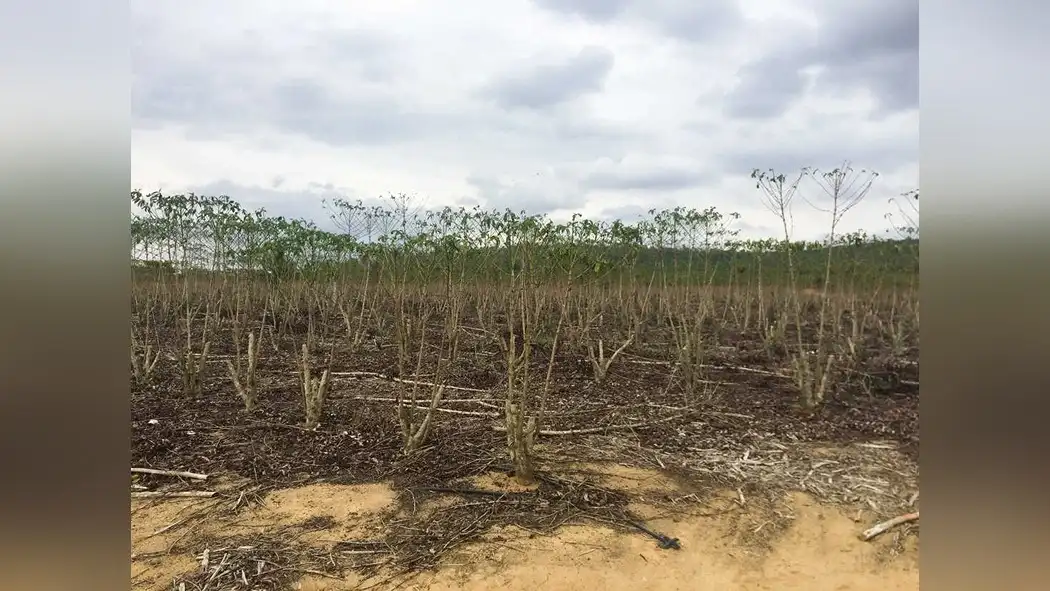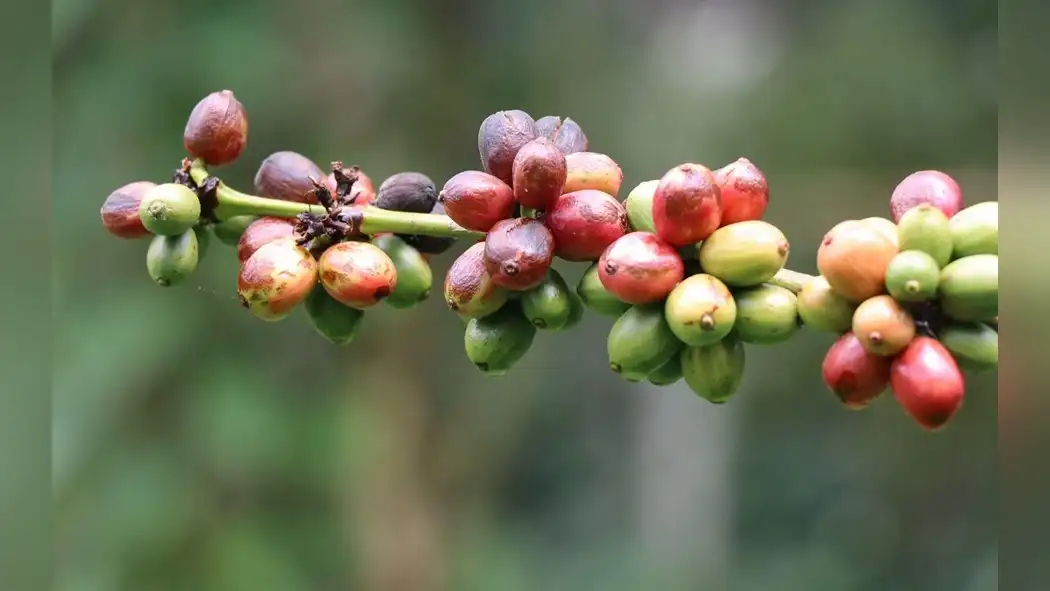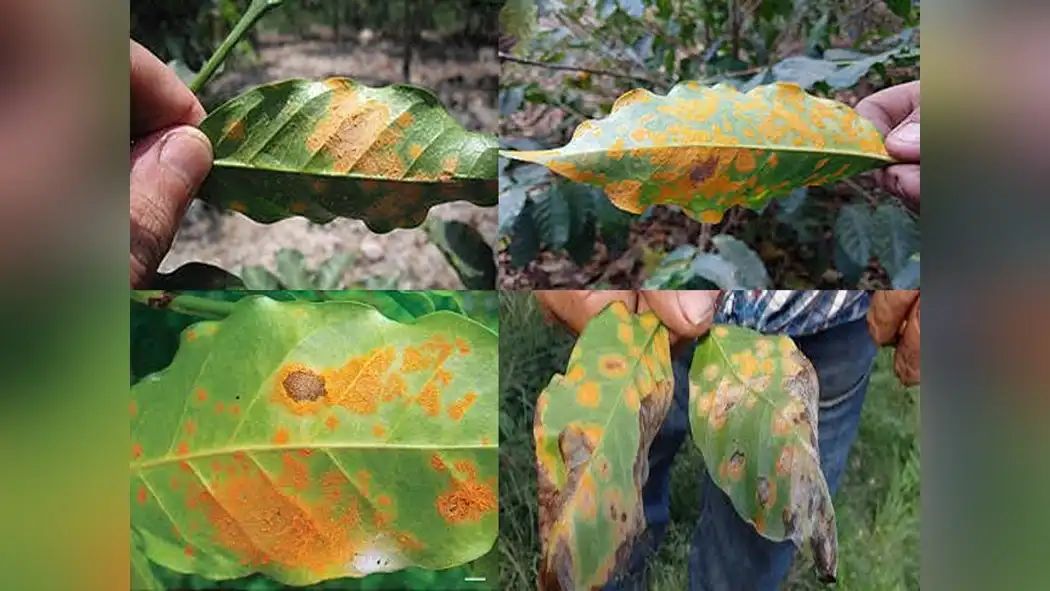Tired of relying on harmful chemicals to protect your coffee crops from pests and diseases?
In 'Organic Robusta Coffee Farming: Natural Approaches to Pest and Disease Resistance,' you'll learn effective, natural methods to safeguard your crops.
This guide will show you the benefits of natural pest control, the importance of organic soil management, and the power of companion planting strategies.
Discover how biocontrol agents and predators can be harnessed to protect your coffee plants, and explore sustainable disease prevention techniques that promote a healthy and thriving coffee farm.
Get ready to embrace a more eco-friendly and sustainable approach to coffee farming.
Benefits of Natural Pest Control
You can enhance your coffee farm's sustainability by implementing natural pest control methods. Integrated pest management, which involves using a combination of techniques such as biological control, crop rotation, and trap cropping, can effectively minimize the use of synthetic pesticides while maintaining healthy coffee plants.
Biological control methods, including introducing natural predators or using microbial insecticides, can help manage pests like coffee berry borer without harming the environment or beneficial insects. Additionally, incorporating crop rotation by alternating coffee with other plants disrupts pest life cycles, reducing their populations. Trap cropping involves planting a specific crop to attract pests away from the main coffee plants, thereby protecting the coffee crop.
Organic Soil Management
To maintain the health and fertility of your soil for robusta coffee farming, incorporate organic amendments and practices that support microbial activity and nutrient retention. By prioritizing organic soil management, you can ensure the long-term productivity and sustainability of your coffee farm.
Here are three essential practices for maintaining soil fertility and promoting nutrient cycling:
- Cover Cropping: Planting cover crops such as legumes and grasses helps to prevent erosion, suppress weeds, and improve soil structure. These cover crops also contribute organic matter to the soil as they decompose, enriching it with essential nutrients.
- Compost Application: Regularly adding compost to your soil enhances its fertility and promotes beneficial microbial activity. Compost provides a balanced source of nutrients and helps improve soil structure, water retention, and aeration.
- Crop Rotation: Implementing a crop rotation strategy can help prevent soil depletion and nutrient imbalances. Rotating robusta coffee with nitrogen-fixing plants or other crops can help break pest and disease cycles while also enhancing soil fertility.
Companion Planting Strategies
Implement companion planting strategies to naturally enhance pest and disease resistance in your organic robusta coffee farm. Intercropping benefits your coffee plants by creating a more diverse and balanced ecosystem, which can help deter pests and diseases. By strategically planting compatible crops alongside your coffee plants, you can improve soil health, attract beneficial insects, and reduce the need for chemical interventions. Consider these plant diversity strategies for your companion planting approach:
| Plant | Benefits | Compatible Plants |
|---|---|---|
| Legumes | Fix nitrogen in the soil | Bananas, Plantains |
| Mint | Repel pests | Lemongrass, Citrus |
| Marigold | Nematode repellent | Tomatoes, Cucumbers |
| Ginger | Suppresses weeds | Turmeric, Cardamom |
| Sunflower | Attracts pollinators | Squash, Cucumbers |
Integrating these companion plants into your coffee farm can create a more resilient and sustainable agricultural system. By leveraging intercropping benefits, you can enhance the overall health of your farm while reducing the reliance on synthetic inputs.
Biocontrol Agents and Predators
By incorporating biocontrol agents and predators, you can further bolster the natural pest and disease resistance of your organic robusta coffee farm, building on the diverse and balanced ecosystem established through companion planting strategies. Integrated pest management is crucial for maintaining ecological balance on your farm. Here's how biocontrol agents and predators contribute to this approach:
- Biological Control: Introducing beneficial insects like ladybugs or parasitic wasps can help control pests such as aphids or caterpillars without the use of chemical pesticides. This preserves the natural balance of the ecosystem and minimizes harm to non-target organisms.
- Predator-Prey Dynamics: Encouraging the presence of natural predators like spiders, birds, or predatory insects can help regulate pest populations. These predators feed on the pests, preventing outbreaks and reducing the need for human intervention.
- Symbiotic Relationships: Cultivating plants that attract beneficial insects or hosting colonies of predatory organisms, such as nematodes that feed on harmful insects, can create mutually beneficial relationships that enhance the overall health of your coffee farm.
Sustainable Disease Prevention
You frequently monitor your coffee plants for signs of disease, taking proactive measures to maintain their health and prevent the spread of infections. Sustainable disease prevention in organic robusta coffee farming involves the integration of biological resistance and integrated pest management strategies. By utilizing these approaches, you can effectively minimize the impact of diseases on your coffee plants while maintaining a sustainable and environmentally friendly farming practice.
| Biological Resistance | Integrated Pest Management |
|---|---|
| – Selecting disease-resistant coffee plant varieties | – Implementing cultural practices to reduce pest and disease pressure |
| – Using beneficial microorganisms to suppress pathogen growth | – Regularly monitoring and scouting for pests and diseases |
| – Incorporating natural predators to control pest populations | – Employing mechanical and physical methods for pest control |
| – Enhancing plant health through organic soil management | – Utilizing botanical extracts and natural pesticides for targeted pest management |
Conclusion
You've learned how organic robusta coffee farming can use natural approaches for pest and disease resistance. By implementing these methods, you can protect your crops without harmful chemicals, like a shield protecting a precious treasure.
Embracing natural pest control, organic soil management, companion planting, biocontrol agents, and sustainable disease prevention will help your coffee farm thrive in harmony with the environment.
So, go ahead and cultivate your robusta coffee with confidence, like a gardener nurturing a flourishing garden.

